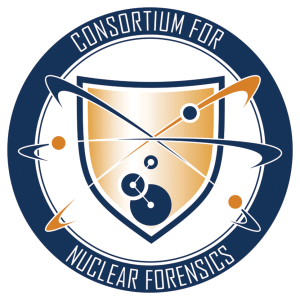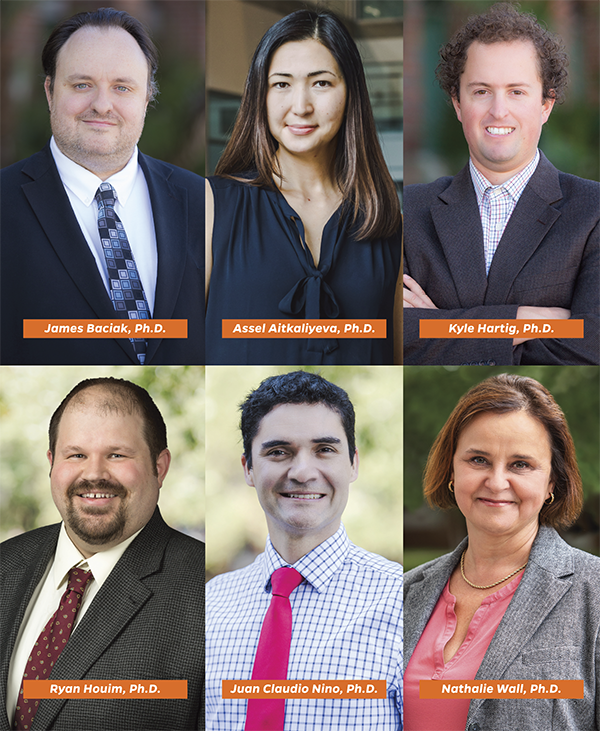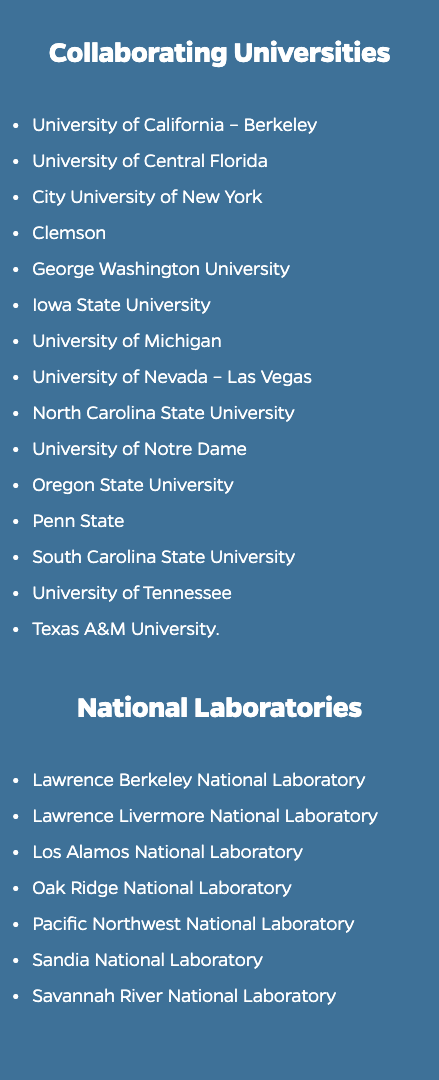 For decades, the United States has been at the forefront of reducing the number of nuclear arms worldwide and curtailing the spread of illicit atomic-based technology. It has also led the way in developing the advanced nuclear forensics capabilities needed to bolster this effort. But to extend the U.S.’s ongoing nuclear nonproliferation and security capabilities, new, effective and adaptable nuclear forensics tools and the workforce to implement them are necessary.
For decades, the United States has been at the forefront of reducing the number of nuclear arms worldwide and curtailing the spread of illicit atomic-based technology. It has also led the way in developing the advanced nuclear forensics capabilities needed to bolster this effort. But to extend the U.S.’s ongoing nuclear nonproliferation and security capabilities, new, effective and adaptable nuclear forensics tools and the workforce to implement them are necessary.
To that end, the Department of Energy’s National Nuclear Security Administration (NNSA) has taken a significant step toward advancing nuclear forensics research by establishing a $26.4 million research consortium led by the University of Florida. Jim Baciak, Ph.D., professor of nuclear engineering in the UF Department of Materials Science & Engineering (MSE), will lead the newly formed Consortium for Nuclear Forensics (CNF) comprised of 16 universities (including five institutions serving underrepresented groups) and seven national laboratories from across the United States.
The CNF will focus on educating and training the next generation of nuclear forensic scientists and engineers and spearhead groundbreaking research to enhance our nuclear forensic capabilities, enabling us to track and attribute nuclear materials and events more effectively.
“I am honored that the NNSA entrusted us with developing the next generation of leaders and technology for the Department of Energy and other operational partners and end-users,” Dr. Baciak said. “Our team of faculty, research scientists and students from across the country represent a diverse array of technical areas required for this project, including radio- and geochemistry, environmental sciences, nuclear engineering, physics, statistical analyses, machine learning and optical sciences.”
Additional MSE faculty in the consortium include Kyle C. Hartig, Ph.D., assistant professor and CNF associate director, Assel Aitkaliyeva, Ph.D., associate professor, Juan Nino, Ph.D., professor, and Nathalie Wall, Ph.D., professor. Ryan Houim, Ph.D., associate professor from the UF Department of Mechanical and Aerospace Engineering, is also a member.

The consortium’s unique strength lies in its ability to connect diverse expertise and foster collaboration between its members.
In addition to UF, other renowned higher education institutions making up the CNF include the University of California Berkeley, University of Central Florida, City University of New York, Clemson University, George Washington University, Iowa State University, University of Michigan, University of Nevada – Las Vegas, North Carolina State University, University of Notre Dame, Oregon State University, Pennsylvania State University, South Carolina State University, University of Tennessee and Texas A&M University.

Partnering with Lawrence Berkeley National Laboratory, Lawrence Livermore National Laboratory, Los Alamos National Laboratory, Oak Ridge National Laboratory, Pacific Northwest National Laboratory, Sandia National Laboratory and Savannah River National Laboratory further strengthens the consortium’s capabilities and potential impact. The CNF’s research will encompass five essential research thrust areas and two cross-cutting research areas in nuclear forensics:
Rapid Turnaround Forensics
Led by Brian Powell, Ph.D., of Clemson University, this research thrust aims to develop methods that can expedite chemical analysis techniques to achieve results within 24 hours or less.
Advanced Analytical Methods
Dr. Aitkaliyeva will spearhead efforts to enhance material characterization and microscopy techniques, enabling more precise identification of nuclear materials.
Ultrasensitive Measurements
Led by Nicole Martinez, Ph.D., of Clemson, this area of research will focus on exploring methods in environmental sampling and instrumentation to detect low-level signals with heightened sensitivity.
Signature Discovery
Amanda Johnsen, Ph.D., of Penn State University, will lead efforts to investigate new signals and measurements that could lead to improved accuracy in determining material quantities.
Prompt Effects and Measurements
Dr. Hartig will head the research to understand and interpret the signals emitted following a nuclear detonation, which is critical for timely and accurate analysis.
The team also plans to use its expertise in high-performance computing and data science to crosscut the thrust areas with artificial intelligence-driven capabilities to accelerate solutions within individual thrust areas.
Over the next five years, the CNF expects to prepare nearly 150 undergraduates and postgraduates with expertise in radiochemistry, geochemistry, nuclear physics, nuclear engineering, materials science, quantum science, shock physics, and analytical chemistry. These professionals will occupy key roles as scientists, engineers, technicians, operational personnel, intelligence professionals and leaders in nuclear-related fields and at national laboratories, government laboratories and federal agencies around the country.
Dr. Baciak expressed his gratitude and excitement for the opportunity to shape the next generation of nuclear forensics leaders, emphasizing the team’s diverse array of technical areas crucial for robust nuclear forensics.
“The next paradigm shift in nuclear forensics capabilities will not simply present itself overnight; it will first require the initial identification and shepherding of the research, plus the scientists and engineers capable of executing the forensics mission of the future,” Dr. Baciak said. “The CNF provides the path to that future.”
Forrest Masters, Ph.D., interim dean of UF’s Herbert Wertheim College of Engineering, regarded the consortium as a valuable recognition of the university’s commitment to supporting research and workforce development to advance national security.
“Overall, the establishment of this ambitious consortium represents a critical milestone in advancing nuclear forensics research, equipping future generations of experts to address nuclear security challenges and maintaining global safety for decades to come.”
